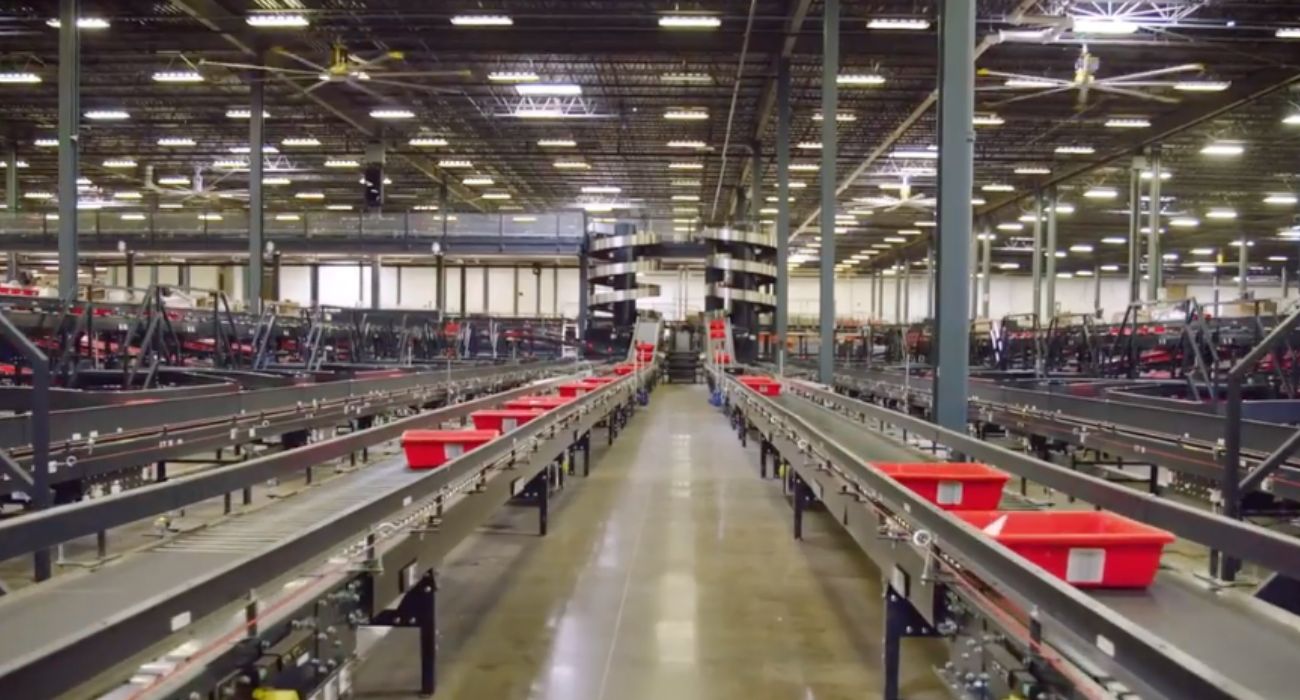The Fort Worth City Council recently gave an e-commerce industrial distribution company the green light to build two new regional facilities in the area.
McMaster-Carr Supply Co. announced its intentions to spend $360 million on a new regional headquarters and distribution center in northern Fort Worth. The company confirmed its plans after the Fort Worth City Council voted in a meeting in August to approve an $18 million incentive package.
Founded over a century ago, the firm supplies hardware, tools, raw materials, industrial materials, and maintenance equipment to industrial and commercial facilities worldwide.
During the meeting, Michael Hennig, the economic development manager for Fort Worth’s Economic Development Department, called the company “the Amazon of the industrial sector” and a “strategic asset for Fort Worth to have as part of its industrial ecosystem.”
The development site will be situated on roughly 120 acres just east of Alliance Airport.
With an inventory of 700,000 parts and supplies and an average delivery time of 24 to 48 hours, McMaster-Carr has been a leader in the industry. In addition to the proposed Fort Worth location, McMaster-Carr will continue operations at its other regional headquarters in Chicago, Cleveland, Los Angeles, Atlanta, and Robbinsville, New Jersey.
“By establishing distribution operations and holding a broad inventory in Fort Worth, we will provide our customers throughout the thriving Dallas-Fort Worth region a new level of fast delivery,” said McMaster-Carr Vice President Patrick McKenna during the meeting.
To fulfill the terms of the economic development program agreement, McMaster-Carr must commit to several requirements.
Capital requirements include a minimum overall investment of $360 million, a minimum of $180 million in real property improvements by December 31, 2028, and a minimum of $180 million in taxable business personal property by January 1, 2029.
Job creation requirements include a minimum of 150 full-time jobs at the project site by December 31 of the first operating year, a minimum of 250 full-time jobs at the project site by December 31 of the sixth operating year, a minimum average annual salary of $85,000, and a good-faith effort to employ at least 30% of workers from Fort Worth.
Once the project is complete, Hennig said it will generate just under $39 million of new taxes for the city over the next 10 years, or about $2 net profit for every $1 spent on the project.
The Fort Worth area has been expanding at a fast pace, with millions of dollars pouring into the city from development projects. While Dallas has its share of planned or in-progress developments, several aspects inhibit the city from pulling in more projects, including its density problem and slow permitting process.
Permit approval times under Dallas City Manager T.C. Broadnax have been a point of frustration for the development community, with many opting to build in other parts of North Texas, such as Fort Worth, Frisco, or Grand Prairie.






